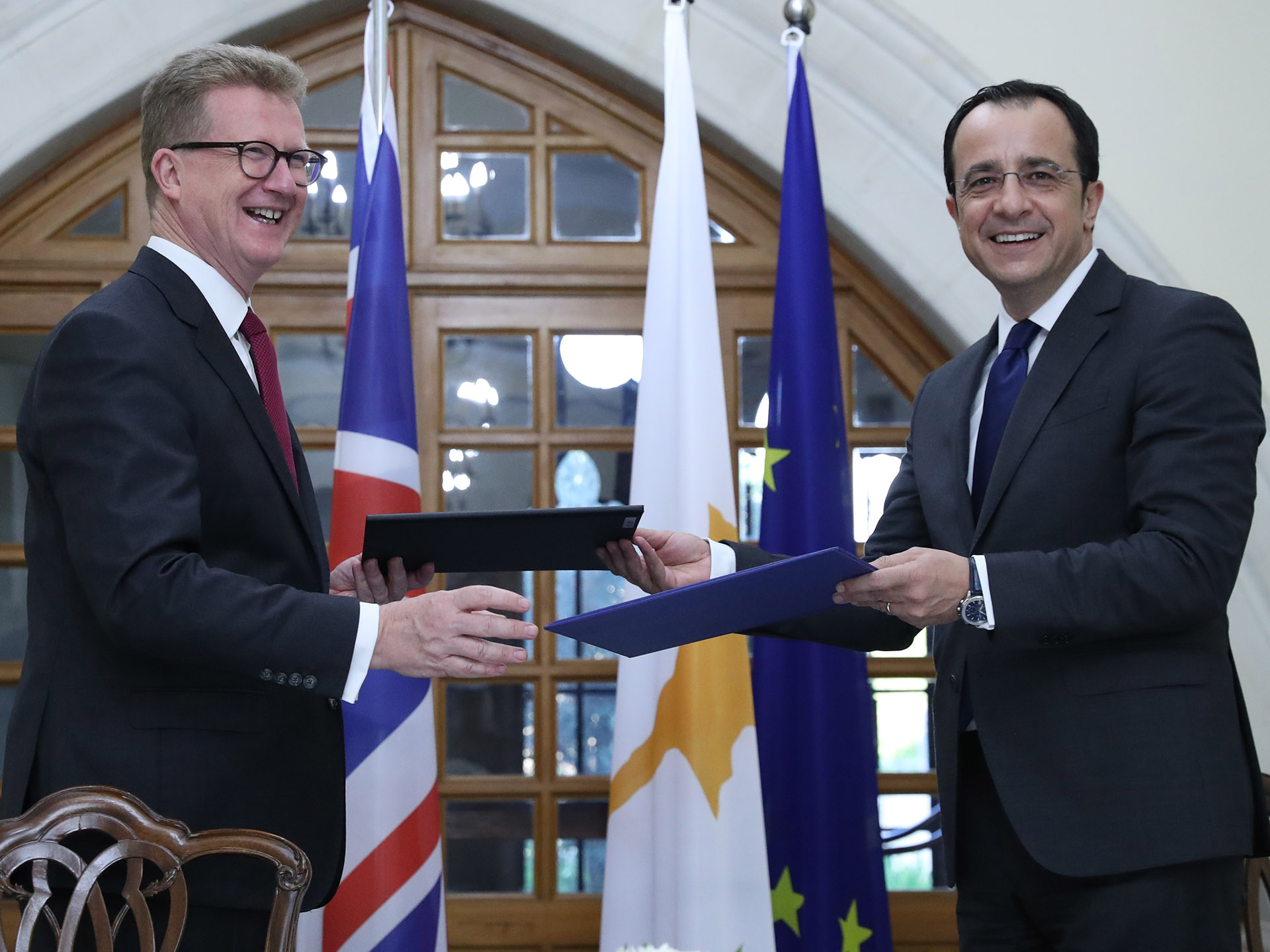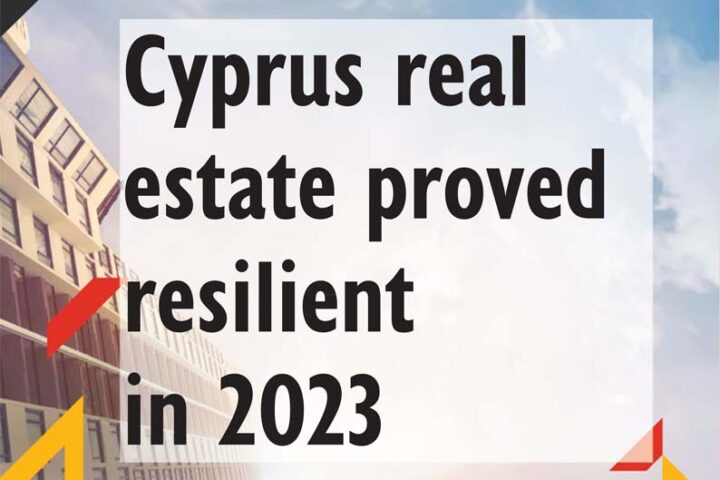A new pocket of real estate is created, as Cypriots owning land in non-military areas inside the British Bases can sell or develop their property, following a milestone agreement between Cyprus and the UK.
Experts believe the deal could also push property prices downwards while offering investment opportunities.
Although not considered large enough to bring about major changes in the real estate sector, property experts see these properties sending prices and rent values downwards.
Opening up the bases to commercial deals could push prices down in expensive coastal areas such as Limassol while creating housing and investment opportunities for middle-income Cypriots and expats looking for a home by the sea.
This week, President Nicos Anastasiades hailed as historic, the signing of an agreement between Cyprus and the UK which sees the British Bases allowing the development of non-military areas for the first time since independence in 1960.
The agreement concerns 18 Km² of around 254 Km², or 3% of the island’s territory — retained by former colonial ruler Britain in Akrotiri, Limassol, and Dhekelia, Larnaca, as sovereign territory used as military bases.
Under the 1960 Treaty of Establishment, properties inside the two areas could only be used for agricultural purposes by their owners.
Now many of these properties will be freed with their owners having the right to decide how they develop their lands.
Some limitations remain as owners will have to make sure that their land does not fall within an environmentally protected area.
They will also have to wait for final town planning decisions after the public consultations take place in order for parameters such as building coefficients to be designated.
Alecos Vilanos, a property consultant at Vilanos Real Estate Agents, sees the new real estate offering opportunities for housing developers.
“Although most certainly this pocket will not attract big project developers such as towers, it could attract the attention of housing developers,” said Vilanos.
He explained that these properties will not draw the attention of developers looking to build luxury properties for foreign investors.
“This would mean that the owners of these properties will not be able to secure offers as high as neighbouring areas.
For example, properties in Akrotiri will not be worth as much as neighbouring Zakaki where the casino is being built.”
This would, in turn, mean that cheaper constructions would be built such as housing projects.
“This would mean that middle-class Cypriots with some money in their pockets, will have a broader variety of options at lower prices when looking to buy a home.”
Vilanos argues this could, in turn, put pressure on house prices and rents in the wider Limassol region.
Opportunity knocks
Real estate agent Antonis Loizou said the Cyprus-UK agreement could create investment opportunities for housing developers, while pushing housing prices down, giving more choices to middle-income families.
He said the agreement, coming at a time when coronavirus is generating fear and uncertainty about the livelihoods of communities the world over, will have a real impact on people’s prosperity.
However, Loizou said residents “were unlucky that they missed out on the property boom. If the deal had come a few years earlier, big developers could have eyed some of the properties in those areas.”
He argued that if you throw into the mix the possibility of speculators trying exploiting the low prices of these properties, with some trying to push prices even lower, then these properties may be sold at lower-than-expected prices.
But Loizou does believe the agreement presents developers and investors opportunities in the real estate sector.
“There will be a great number of properties along the coastline which will be freed up, especially in the Dhekelia base area, such as Ormidia a village in the Famagusta region.
These properties, if developed into housing projects, could attract the interest of expats, especially from Britain who are looking for a home near the sea.”
Furthermore, as the veteran real estate agent argued, since under the Treaty of Establishment of properties inside bases areas could only be used for agricultural purposes means that large agricultural plots could find their way on the market.
“These large plots of land could be just right for projects such as hospitals and private clinics, of which there is a lack of in these areas” he concluded.
Residents in the Bases areas have also welcomed the agreement.
In comments to CyBC radio, Pantelis Georgiou the Mayor of Ypsonas, a village in Limassol, said residents in the Bases have waited for six years for the agreement to go ahead.
He said residents will be given room to breathe, especially those who had mortgaged their properties but were not able to put them to good use to pay off their loans.
“The agreement will bring about significant development of the areas inside the Sovereign Bases,” said Georgiou.










